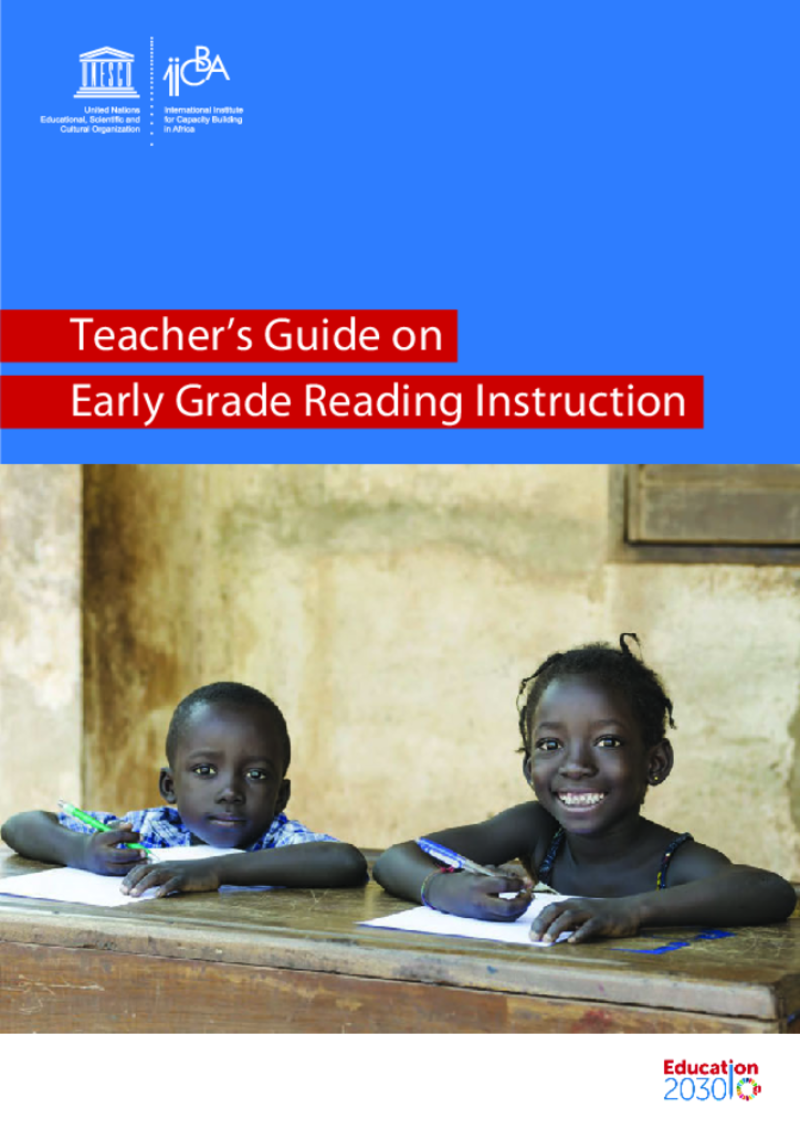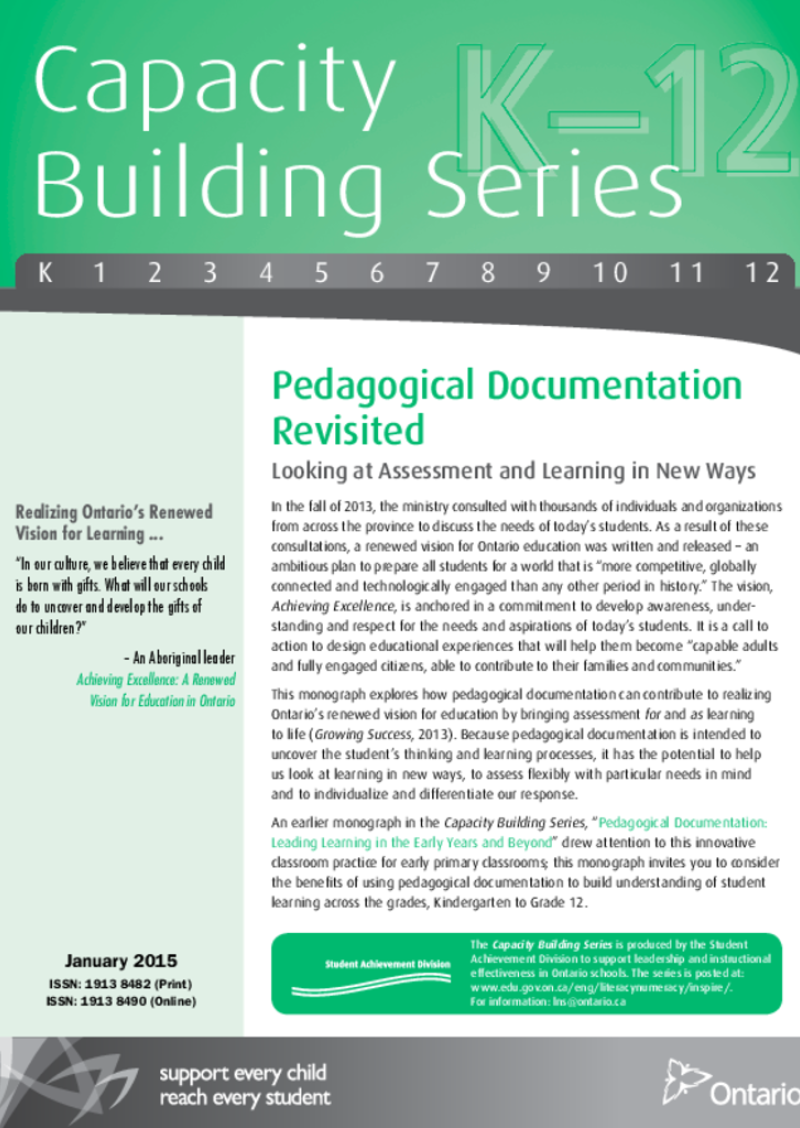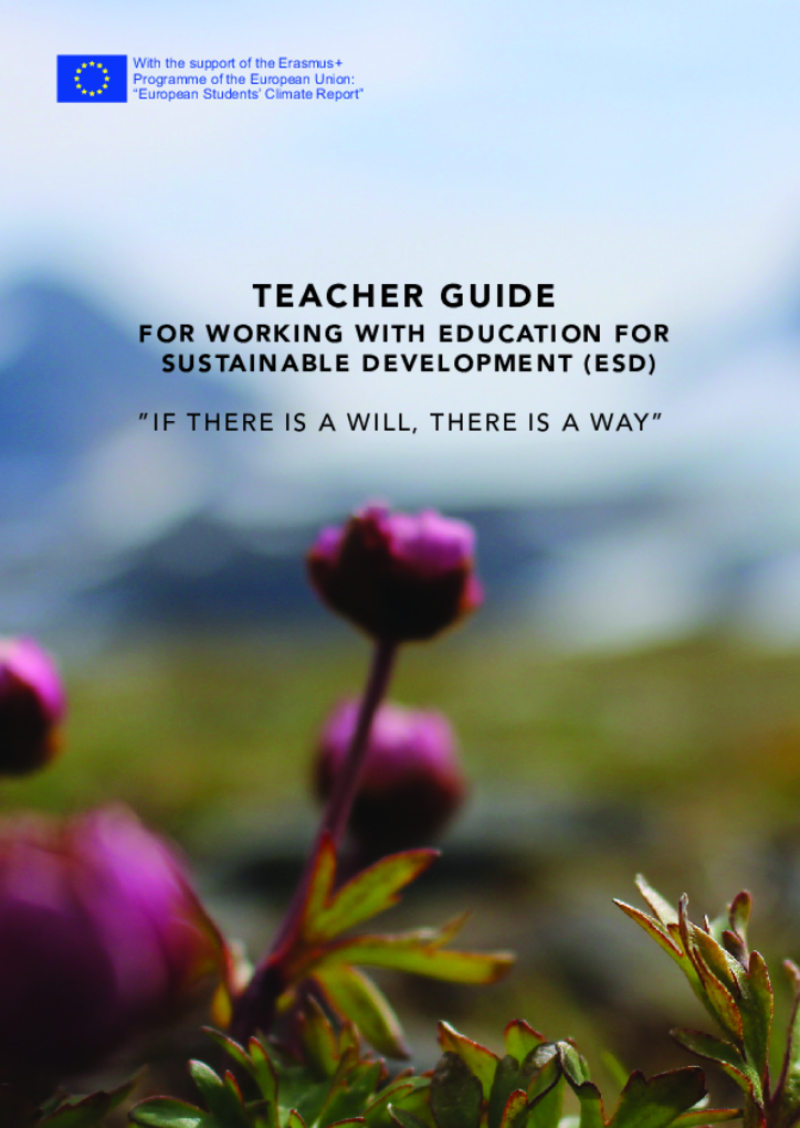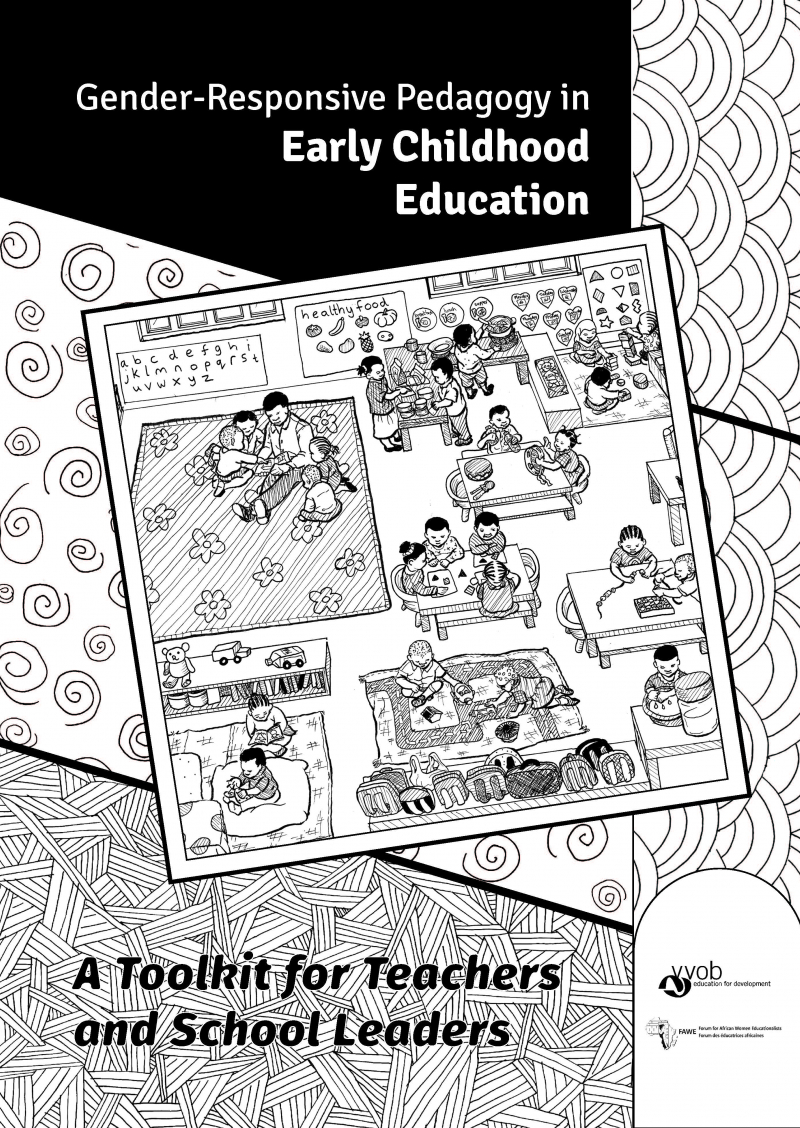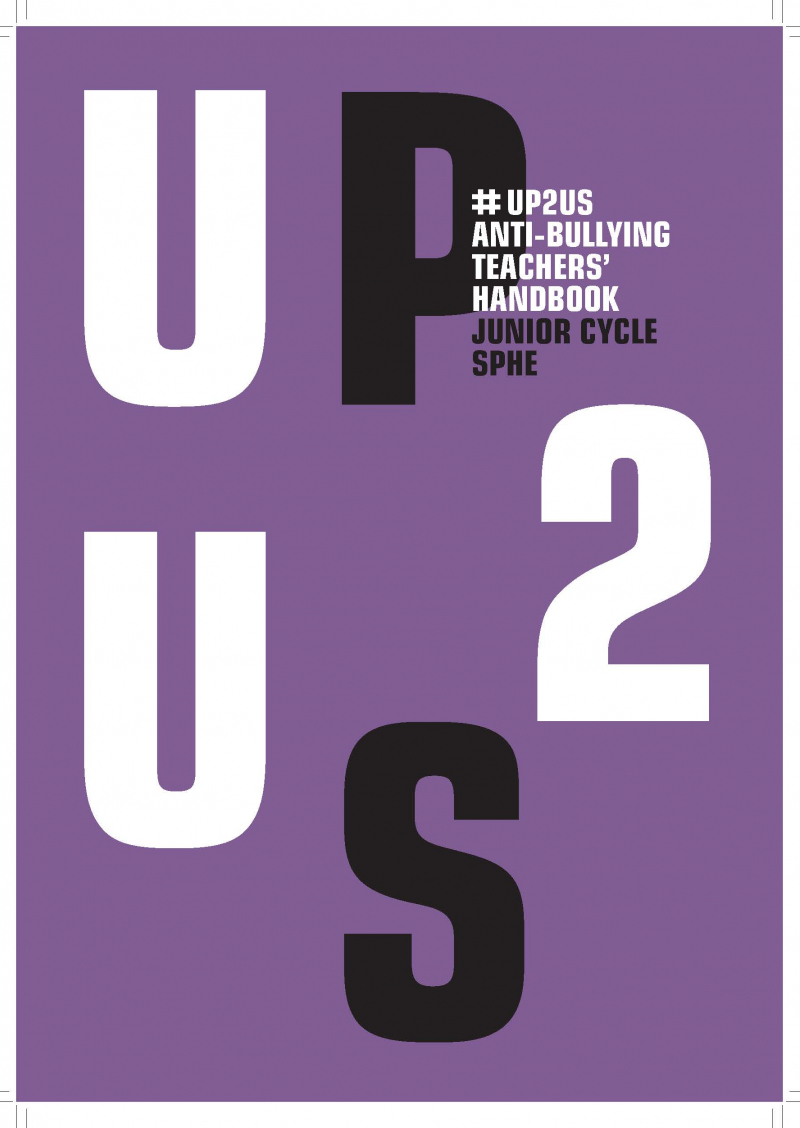Teacher Resource Centre
Displaying 1 - 20 of 21
Introduction to Asset Based Pedagogies in Displacement Contexts Workshops Facilitation Guide
This manual is intended to support the delivery of one full day workshop on the topic of supporting Quality Holistic Learning in crisis contexts through the implementation of asset-based pedagogical tools and activities and through sustaining safe and secure learning spaces. The workshops are the result of the insightful contributions of a committed team of teachers and educators from Kenya, Lebanon, and Niger.
The Quality Holistic Learning Project (QHL), of which this face-to-face workshop is one element, aims to prepare educators to deliver high-quality lessons which support holistic learning for children and youths of diverse backgrounds (refugee, migrant, and/or citizen) within host country, displacement, and crisis contexts. We define quality holistic learning as that which attends to:
- academic, cognitive, and identity development,
- social and emotional learning, and
- mental/psychosocial and physical well-being and which delivers: positive schooling experiences, feelings of belonging and safety, growth and development, and equitable outcomes for all learners.
Introduction to SEL & PSS for Quality Holistic Learning
This open, self-paced course, Introduction to Social-Emotional Learning & Psychosocial Support for Quality Holistic Learning, was designed with a team of teachers working with refugee and vulnerable learners in Niger. It is intended to provide an overview of key terminology, concepts, and practices related to social-emotional learning and psychosocial support.
Educators who complete this online course will:
- understand the importance of creating a safe and inclusive environment for children's well-being and learning in emergency situations
- understand the basic principles of Psychosocial Support (PSS) and Social-Emotional Learning (SEL) and their role in supporting students in displaced contexts, especially considering the educator's unique students and learning context
- integrate simple and applicable PSS interventions and SEL activities into their lesson plans to ensure Quality Holistic Learning
It will take 4-5 hours, on average, to complete this course. A certificate of participation will be issued upon successful completion. Thank you for your interest and for your commitment to your professional learning and to teaching!
An offline, PowerPoint guided workshop series, upon which this course is based, is available for training purposes as well. Please contact jkasper@ceinternational1892.org to discuss piloting of that workshop material.
Play & resilience: a toolkit for teachers, caregivers, and other stakeholders
Play is an easy, natural and universal practice that builds resilience. Play comes naturally to all children- and is a seemingly simple and light-hearted phenomenon. The power of play as a pathway to building resilience needs to be leveraged to provide children with the opportunity to further explore play in their home and school environments.
This toolkit is therefore premised on the objectives to build the capacity of various stakeholders such as caregivers/teachers, school managers, curriculum planners and policy makers who are key actors in the process of growth and development of children. It is also aimed at equipping these stakeholders with the knowledge and pedagogical skills to translate research, policy and curriculum to practical knowledge and activities for children in the school environment. The toolkit offers directions for facilitators who will be working with caregivers/teachers using the materials and resources provided and other relevant materials available in an environment where it will be used.
Teacher's guide on early grade reading instruction
Reading is a fundamental ability for all other learning activities. Students can learn only when they comprehend, and this requires appropriate reading skills in the first place. Appropriate reading skills support the learning of increasing amounts of instructional content. This is why children who fail to learn to read during their early years of schooling will encounter more difficulties in later grades and a higher risk of drop out. Quality early grade reading instruction is critical in preventing these challenges and risks as well as in protecting children’s rights to education and ensuring better chances of success in their life.
Teachers are at the center of reading instruction and they need to be trained with pedagogical knowledge and management skills in order to provide students relevant and quality instruction. It has however been noted that teachers in many countries, especially low-income countries in sub-Saharan Africa, lack the proper training and support on ways of teaching early grade reading to their students. Therefore, a comprehensive and practical guide on early grade reading is highly needed to bridge this gap.
This guide aims to empower teachers in Africa by equipping them with the knowledge and skills of early grade reading, including the simple identification of the main pillars of reading, lesson planning and classroom management, taking into account the context in Africa. Subsequently, these teachers will help their students build basic reading skills in their early years of schooling.
A Teacher's Guide for Arts, Music and Drama in Africa
Art, music and drama have had a pivotal role in the livelihood of human beings. This is clear by the wealth of literature, architecture, fine art, theater and music that define human past, present and future. The inherent creative ability and a yearning to express ourselves is what gives value to art, music and drama as companion components in human evolution.
This teacher's guide covers art, music, dance, drama, experiential learning, community engagement, and how to integrate these aspects into curriculum. Additionally, this document provides lesson plans for primary school students in these subject areas.
Toolkit: Problem Solving Strategies
Welcome to the toolkit Strategies for Problem Solving of the Inter-American Teacher Education Network. This toolkit is aimed at professionals who work at different levels of teaching and want to learn about problem-solving strategies and their application in family, social and academic settings.
An important point to clarify is that the term “problem” does not refer exclusively to mathematics, but rather to the challenges that we face daily which are also problems to be solved through certain strategies.
The Toolkit can be downloaded at no cost and shared freely.
There are no pre-requisites.
Certificate: No certification is granted at this moment.
Modality: The Toolkit is self-guided and self-paced.
Welcome to the Problem Solving Strategies Toolkit, we hope these materials will meet the professional development needs of teachers in the Americas.
Toolkit: Effective Learning Objectives to Promote Critical Thinking
This free toolkit is aimed at all teachers interested in exploring in detail the characteristics of learning objectives and their importance in helping to effectively communicate what the student is expected to achieve; This is the basis of any instruction and is vital for the planning of all kind of teaching strategies especially the development of critical thinking. Participants who complete this toolkit will be able to identify the elements that affect the effectiveness of learning objectives by answering a series of reflection questions and will also be able to generate effective learning objectives for critical thinking development. There are no pre-requisites, all teachers from all academic areas and levels can participate. The Toolkit is self-guided, presents exercises of self-reflection and guided discovery and examples of application in the classroom.
Pedagogical Documentation Revisited
This monograph explores how pedagogical documentation can contribute to realizing Ontario’s renewed vision for education by bringing assessment for and as learning to life. Because pedagogical documentation is intended to uncover the student’s thinking and learning processes, it has the potential to help us look at learning in new ways, to assess flexibly with particular needs in mind and to individualize and differentiate our response.
Pedagogical documentation allows educators to see how thinking, learning, curriculum and assessment are intertwined. It offers them the opportunity to contribute to a fuller understanding of learning and to advance the research on effective practice, both locally and internationally.
Teacher Guide for Working with Education for Sustainable Development (ESD)
The purpose of this teacher guide is to inspire teachers who want to work with climate change and sustainable development with their students. In this guide, you will find examples of teaching activities and teacher reflections on these activities. The activities described should be seen as inspiration. They could be adjusted according to a specific teaching context as preferred, thus aligned with the same objectives and perceived outcomes. The EU-project in which the activities were developed, was carried out with upper secondary students (aged 16-19). With smaller changes by the teachers, younger students can also work with the suggested activities. Beyond the goal of learning about climate change and sustainable development, the activities enable students to practice their critical thinking, and develop their communication and presentation skills.
Active Teaching and Learning Manual
The Active Teaching and Learning booklet presents the principles and practices of learner centered pedagogy as a teaching approach to achieve quality education. It is accompanied by cards on methods, techniques and tools, which provide teachers with examples and tips for classroom implementation. The booklet was developed by the Teacher Instructor Education Training department of the Ministry of Education, Science Technology and Sports of Uganda, with support from the Belgian Development Agency, in the framework of the Teacher Training and Education project.
How to use ICT tools in teaching and learning
This booklet presents a selection of ICT tools to integrate into teacher training in Uganda. Every tool is accompanied with creative ideas and suggestions on how to engage learners and enrich lessons.
Technology enhanced learning
This course is an introduction to technology enhanced teaching and learning.
General teaching methods
This course aims to get the best out of the teaching practices from pre-service teachers, in-service teachers and anyone who is eager to contribute to quality education. It has been written by the Teacher Training Education Project, implemented by Enabel and the Ministry of Education and Sports in Uganda.
Teaching to prevent atrocity crimes: a guide for teachers in Africa
This is UNESCO's first resource with a regional focus on teaching to prevent atrocity crimes. It was developed with the United Nations and in partnership with the UNESCO International Institute for Capacity Building in Africa (IICBA). The guide was informed by exchanges with African stakeholders and advisors and tested through a piloting exercise with African teachers and students. It provides principles for teachers to consider in facilitating learning and constructive discussions with their students.
Gender-responsive pedagogy in early childhood education. A toolkit for teachers and school leaders
The toolkit offers an introduction to gender-responsive pedagogy in early childhood education and serves as a practical guide that can be adapted to any context and the related needs. It provides teachers at early education practical tips to ensure they are able to offer children a learning environment that is free of prejudice and stereotypes. It is a source of ideas that individual teachers and school leaders can put to immediate use in their classrooms and schools. The toolkit was pre-trialled in three countries: Rwanda, South Africa and Zambia, and it can be contextualised for implementation in different African countries.
Transformative pedagogy: a teachers’ guide for peace and resilience building in North Africa
This guide is designed to build the capacity of teachers so that they are informed and empowered in why and how to educate for peace-building. It offers an analysis of conflict, examines the role of ethics, expands on the elements of transformative pedagogy. It also provides practical tools to support learners’ active participation in shaping the world around them and assess learners’ understanding of peacebuilding concepts and skills, all while engaging the community.
Youth empowerment for peace and resilience building and prevention of violent extremism in Sahel and surrounding countries: a guide for teachers
This guide is designed to build the capacity of secondary school teachers and teacher educators to integrate a peace and resilience building approach in education for the prevention of violent extremism. It builds on the Transformative Pedagogy for Peace-building guide and it was contextualized to the context the Sahel and surrounding countries.
The guide redefines the role of teachers, inviting them to make a paradigm shift in adopting a transformative pedagogy that allows learners to actively participate in their own learning. Transformative pedagogy builds on active pedagogy and the competencies-based approach. The guide concludes with engaging learning activities to support experiential learning.
Transformative pedagogy for peace-building
This guide is designed to build the capacity of teachers so that they are informed and empowered in why and how to educate for peace-building. It offers an analysis of conflict, examines the role of ethics, expands on the elements of transformative pedagogy and provides practical tools to assess learners’ understanding of peacebuilding concepts and skills. It concludes with 20 engaging activities to support experiential learning.
The guide was developed as part of the "Teacher Training and Development for Peace-building in the Horn of Africa and Surrounding Countries project", which has as a long-term goal to develop a critical mass of teachers able to implement effective teaching and learning essential for preparing peace-loving and productive youth in Eritrea, Ethiopia, Kenya, Somalia, South Sudan and Uganda.
Anti-bullying teacher's handbook
This anti-cyber bullying resource is designed to enable students to develop a positive sense of themselves and a commitment to caring for themselves and others.
It includes a set of ten lesson plans that is intended to be used by teachers and schools who wish to address the issue of bullying as a whole, with particular focus on the issue of cyber bullying.



